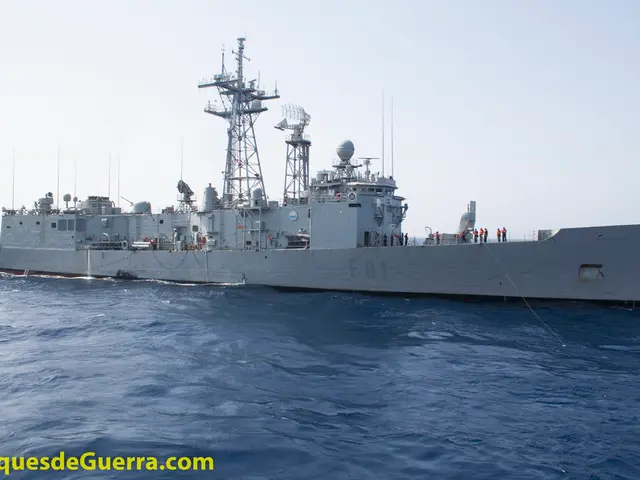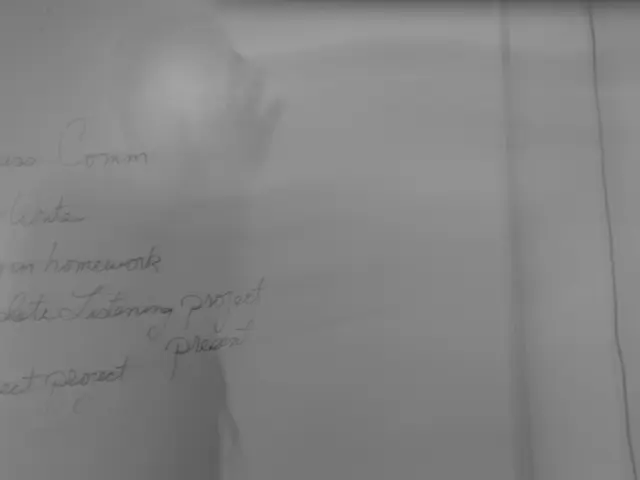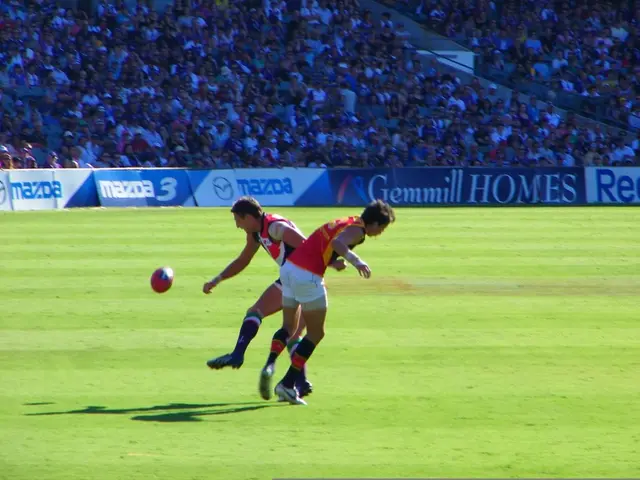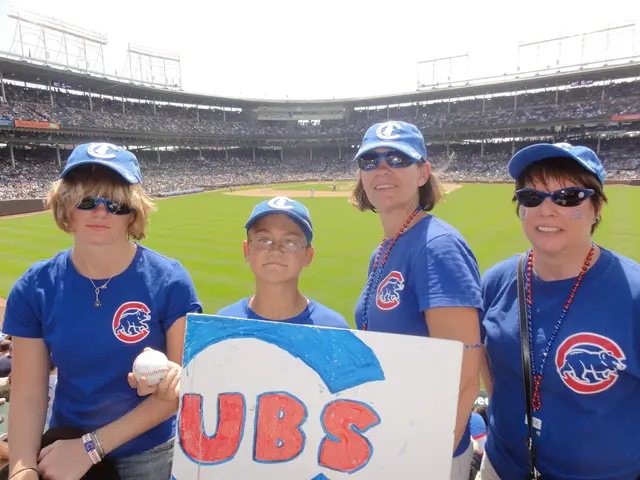Military deployment to Lebanon rejected by Robles; considers blue helmet as optimal choice for peace
Headline: Spain's Defense Minister Bids Farewell to Troops Headed to Lebanon for UN Peacekeeping Mission
Subheadline: A Look at Spain's Role in UNIFIL and Key Aspects of Their Involvement
Margarita Robles, Spain's Defense Minister, bid adieu this weekend from the Torrejón de Ardoz air base in Madrid to the military personnel departing for Lebanon. These soldiers are joining the United Nations peacekeeping operation (UNIFIL) under the UN mandate.
Robles underscored the peacework accomplished by Spanish troops in Lebanon, stating it serves as a "reference point for the political situation currently underway." She expressed pride in their professionalism, saying, "You will have prominence, and that fills us all with pride."
Emphasizing the significance of carrying out a peace operation under the UN mandate, Robles declared, "The blue helmet is the best commitment that can be made for peace." Furthermore, she expressed optimism, stating, "Happy mission to all. You know that you are representing Spain, and when you represent the United Nations, you are working for something that is the most important thing to work for in life, which is peace."
The Spanish military personnel, mainly from the Canary Islands Command, will remain part of the UN peacekeeping operation in Lebanon for several months, according to a press release from the ministry.
UNIFIL was established by the United Nations Security Council in March 1978. Its primary goal is to confirm Israel's withdrawal from Lebanon, restore international peace and security, and aid the Government of Lebanon in re-establishing its authority in the area. The mission's mandate has been altered twice due to the first Lebanon War in 1982 and the withdrawal of Israeli troops in 2000.
Following the crises in July and August 2006, the Security Council enhanced UNIFIL's strength and instructed it to oversee the cessation of hostilities, accompany the Lebanese Armed Forces during their deployment in South Lebanon, and ensure humanitarian access to the civilian population and the safe return of displaced persons.
Key insights:
- Spanish troops lead the UNIFIL contingent in the Eastern Sector of Lebanon, engage in educational conferences regarding unexploded ordnance (UXO), and support the broader mine action efforts in coordination with the Lebanese Armed Forces.
- Spain is committed to the humanitarian goals of the mission, as shown by its active demining and humanitarian support efforts in collaboration with the LAF.
- The presence of Spanish troops contributes to maintaining stability in a tense border region where Syrian and Lebanese forces occasionally clash with armed groups.
- Spanish forces have revitalized the 'Sancho Panza' Programme, aimed at community engagement or operational enhancement within their UNIFIL deployment.
- Spanish Air Force assets continue to support troop rotations and logistics for Spanish UNIFIL personnel stationed in Beirut, illustrating sustained operational commitment.
- The average duration of the Spanish military's involvement in the UN peacekeeping operation (UNIFIL) in Lebanon is several months, as these troops strive to maintain stability in the region and support humanitarian goals, such as demining and humanitarian aid, under the UN mandate.
- Spain's Defense Minister, Margarita Robles, highlighted the significance of their involvement in war-and-conflicts zones, like Lebanon, stating that their peacework serves as a reference point for the political situation currently underway, and that the blue helmet is the best commitment that can be made for peace, reflecting the military's role in promoting general-news related to international peacekeeping missions and maintaining security in turbulent regions.







